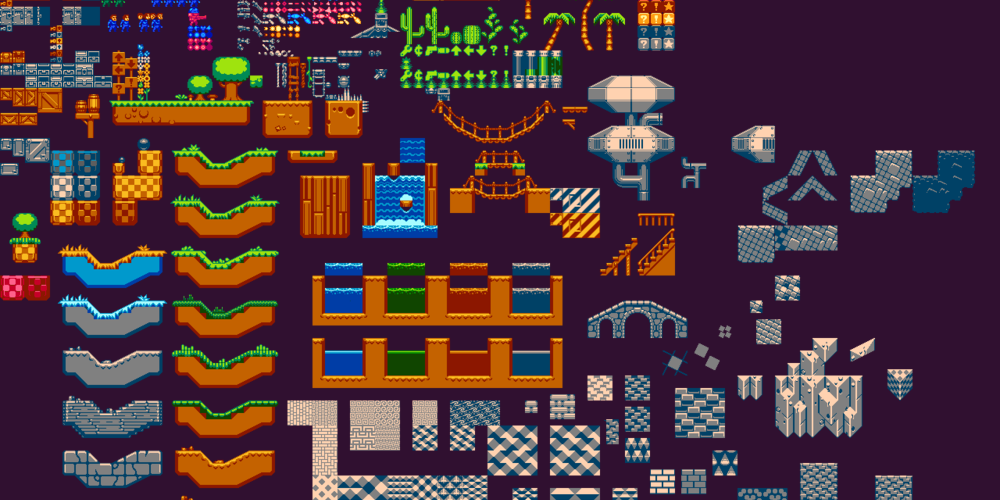Exploring the Digital Frontier: The Economy of Virtual Worlds and In-Game Trading
- Jul 16, 2023
- 309

With the rise of online gaming and virtual reality experiences, a parallel universe has emerged; a virtual economy that thrives on buying, selling, and trading in-game resources. This digital economy mirrors real-world economic constructs, incorporating elements of supply and demand, market fluctuations, trading laws, and even instances of fraud and legal disputes. While some may dismiss this as mere child's play, the economics of virtual worlds is a burgeoning field that is attracting attention from economists, game theorists, sociologists, and legal experts alike.
The Commodity of In-game Resources

In-game resources are the commodities that drive the economies of virtual worlds. These resources can take many forms, from magic potions and weapons in fantasy-themed games to real estate and currency in life simulation games. In some cases, these resources are earned through gameplay, while in others, they can be purchased with real-world money. The value of these resources is influenced by a variety of factors, including their rarity, usefulness within the game, and the time and effort required to obtain them. Some players are willing to invest significant amounts of real-world money to acquire these virtual goods, creating a thriving market for in-game resources. This phenomenon is not restricted to a specific demographic or region; it is a global trend, with millions of players participating in this virtual economy.
Trading and the Concept of Value
Just as in the physical world, virtual economies are facilitated by trading. Players trade in-game resources with each other, either directly or through in-game marketplaces. The principles of supply and demand play a key role in determining the value of these resources. For example, if a particular resource is in high demand but short supply, its value increases. Conversely, if a resource is plentiful but not particularly useful within the game, its value decreases. This dynamic market environment creates opportunities for players to engage in speculative trading, buying low and selling high to maximize their virtual wealth.
Virtual Economies and Real-World Law

The increasing value of virtual economies has brought them into collision with real-world legal systems. Cases of fraud, theft, and other forms of misconduct are not uncommon in the virtual world. This has led to legal disputes that challenge traditional notions of property and ownership. For example, can a player be held legally accountable for stealing another player's in-game resources? How should the law treat virtual goods that have been bought with real money? These are complex questions that legal systems around the world are grappling with as the boundaries between the virtual and real worlds become increasingly blurred.
The Future of Virtual Economies
As technology continues to advance, the importance and influence of virtual economies are set to increase. Developments in areas like virtual reality, blockchain technology, and artificial intelligence have the potential to further revolutionize the way we interact with virtual worlds. For example, blockchain technology could be used to create secure, transparent systems for trading in-game resources, while AI could be used to create more dynamic and responsive virtual economies. Furthermore, the increasing popularity of esports and streaming platforms is likely to fuel further growth in the market for in-game resources. As these trends continue, the lines between virtual economies and their real-world counterparts are likely to become even more blurred, creating new challenges and opportunities for players, developers, economists, and legal experts.